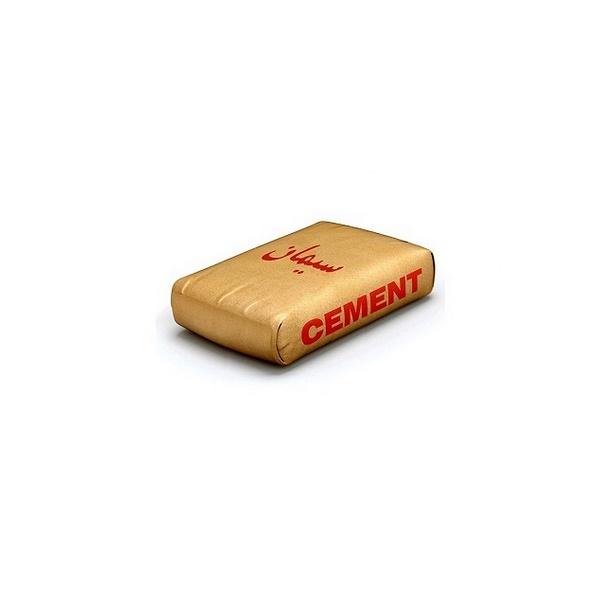
Cement
Everything about the main material in construction is cement
When building a new building, building materials and foundations, including cement, are among the most important tools used. Because it is not possible to build a building without raw materials and building materials. One of these basic and very practical materials that is always used from the beginning to the end of the building is cement. It is safe to say that cement is the basis and the most important raw material in construction and should be prepared and used by experts with sufficient information in this field. This raw material was one of the old base materials and from ancient times and the distant past, different types of cement were .used in different ways
What is cement?
Cement can be called one of the most important basic materials made by man. This substance is made of a combination of materials such as lime, clay, iron ore, iron oxide, calcium sulfate, alkaline, etc. and is not found as a single substance in nature. This highly functional material is one of the main constituents of concrete for connecting and adhering other components of a building such as brick, tile, stone and for the construction of concrete structures. In order to be able to prepare the best cement available in the market during construction, you must be well acquainted with its composition and characteristics. So until the end of the article, we should be with us so that we can help you buy cement online or in person.

Features of a good cement
To have a strong building and structure, quality raw materials must be used. When buying cement, you should also pay attention to preparing cement with good and good properties. Cement has different properties according to its different types and types of applications, which in general, some of the salient features that should be present in all cements are:
Resistant to moisture, chemicals and heat
Have high flexibility
Have very high adhesion strength and power
Combine well with other materials
And ...
How is cement made?
As we have said, cement is not found as a single material in nature and is made from raw materials such as lime and clay. The raw materials used in its construction determine the characteristics and different types of cement. For this reason, the construction and production of all cements are not the same. In general, to produce cement, all raw materials are heated and then cement is produced by grinding and crushing them.

Applications of cement in construction
Cement is one of the main components required in construction, without which it is impossible to build a building and there is no alternative to it. In general, cement, due to its adhesive properties, is used to bond and connect different components of a structure. For this reason, its applications can not be limited to connecting multiple devices. Some uses of cement include:
Use cement as a mortar or the same adhesive
The main material for the production and manufacture of concrete
Use it to build surfaces resistant to chemicals and climate change
Use it to build structures such as bridges, dams, power poles, roofs, etc.
The main material in the construction of cement blocks
Use it in the construction of road routes
And ...
Different types of cement
Because cement is produced and made in combination with other materials, it has different types. In the past, cements were usually produced only in the ordinary type and from a combination of lime, clay, etc. But today, due to the increasing human needs in the field of construction using cement and the development of its production mechanisms, various cements are produced with new technologies, some of which are:
Ordinary Portland Cement or OPC
Portland pozzolanic cement or PPC
Waterproof cement
Colored cement
White cement
Expansion cement
Anti-sulfate cement
Quick setting cement
And ...
Portland Cement
Portland cement can be considered one of the first ordinary cements made by man. Ordinary Portland cement contains lime, clay and gypsum in its original composition, first produced by Joseph Spin, a British architect. The reason for naming this type of cement is due to the similarity of the color of cement with the calcareous colors of Portland Island in England.
Of course, Portland cement is produced in two types, ordinary and pozzolanic, each of which has different applications. Ordinary Portland cement, for example, is used for general purposes such as building roads, railroads, concrete bridges, and as a mortar for bricks. But Portland cement type 2, also known as heat and sulfate cement, is resistant to sulfate and high heat materials and is commonly used for bulk concreting.
White cement
All cements are often very similar in the materials used in them. White cement is also structurally very similar to gray Portland cement, and the obvious difference between them is their white and gray color. In order to produce cement in white form, they need special colors for this purpose and the reason why white cement is more expensive than other cements is its white color. White cement is usually used in places where cement is exposed and for sculpture and gypsum mixtures.

Colored cement
Colored cement also has a structure similar to white cement and special pigments are used to produce the required pigment. This cement often has decorative applications and is used for colored decorations on sidewalks or buildings.
Buy Cement Online
In the past, the preparation and distribution of cement was done only by a few factories or intermediaries, and for this reason, people had no choice but to buy the same cements at the price announced by the intermediaries. But today, in addition to the fact that cement sales and distribution centers have greatly increased, some online store sites are also buying and selling cement. One of the many practical benefits of selling cement online is that other intermediaries can no longer sell cement at very high and unreasonable prices.
Buy and sell cement through the sakht bazar site
Market Construction is a database and network consisting of manufacturers and suppliers of construction products that introduces the manufacturers of construction products and communicates directly between the manufacturer and the buyer. It does not matter if you are a cement producer or a buyer at a market making site. Because by subscribing to this site, you can display your various cements so that buyers can communicate with manufacturers.

White cement Saveh cement
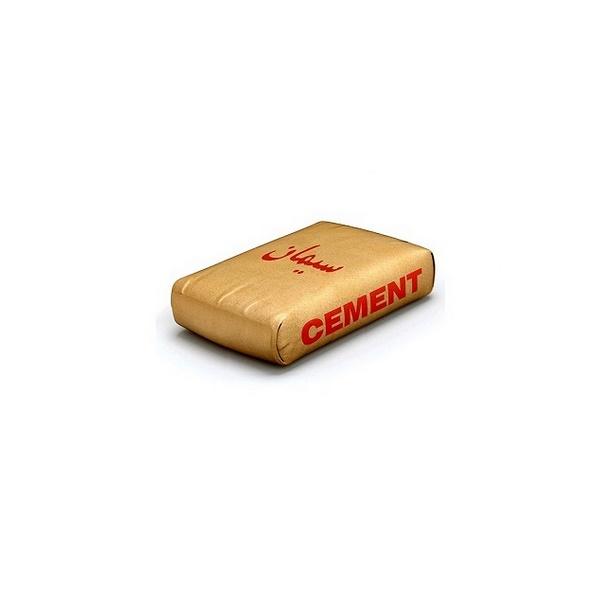
Pozzolan cement Soufian cement
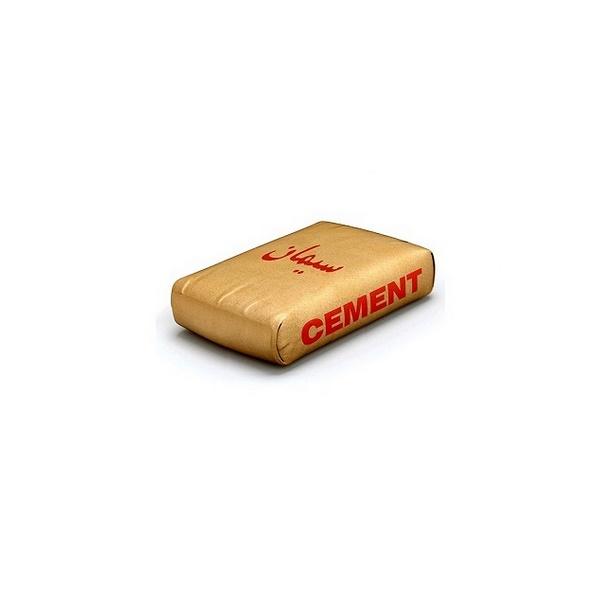
Special pozzolanic cement Soufian cement
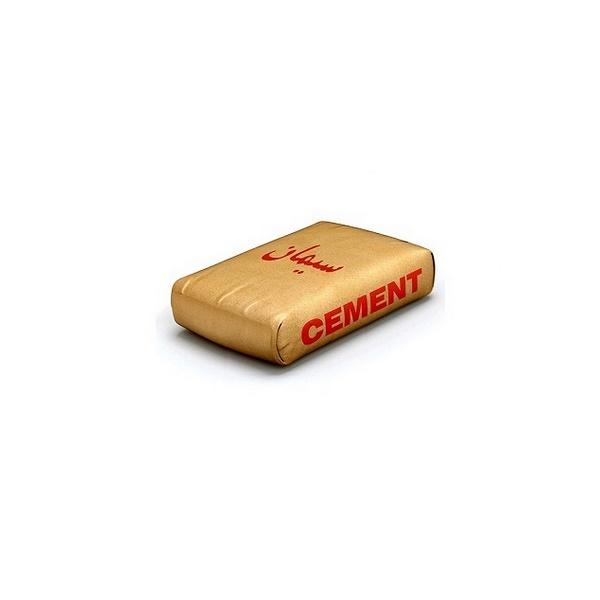
Portland cement 1-425 Soufian cement
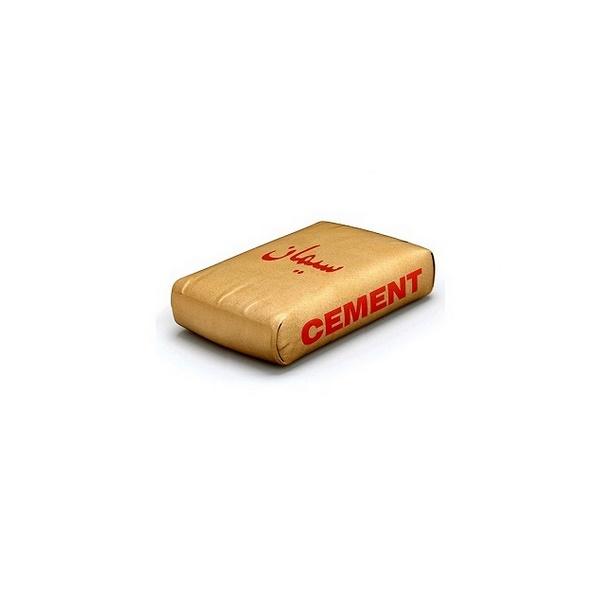
Portland cement 5 Soufian cement
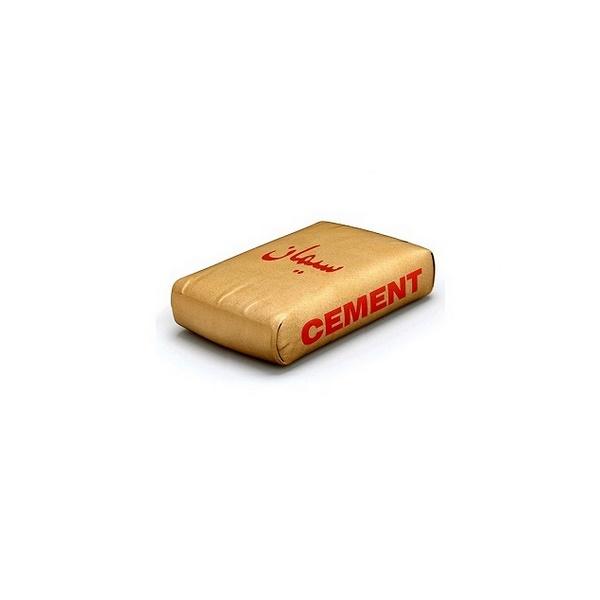
Portland cement 2 Soufian cement
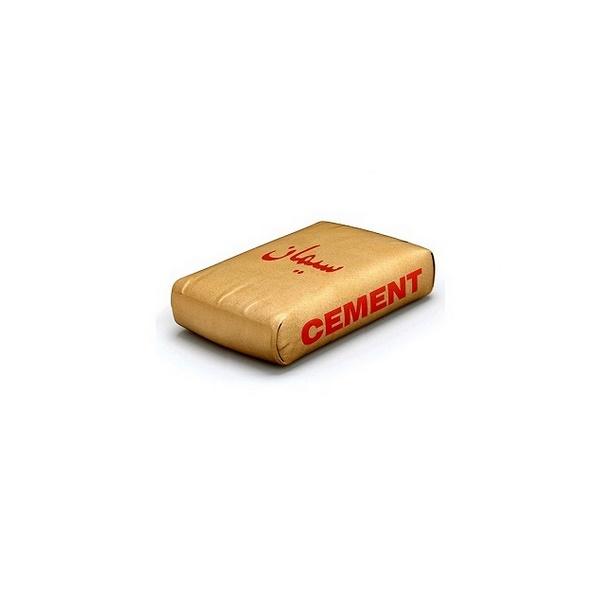
Portland cement 1-425 Kordestan cement
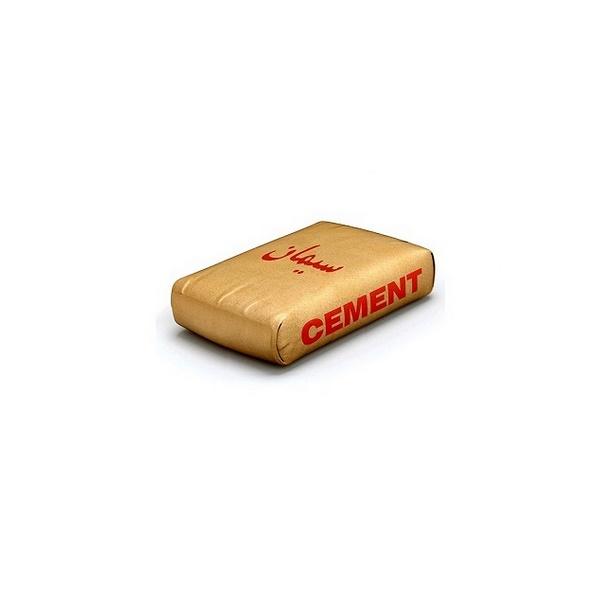
Portland cement 5 Kordestan cement
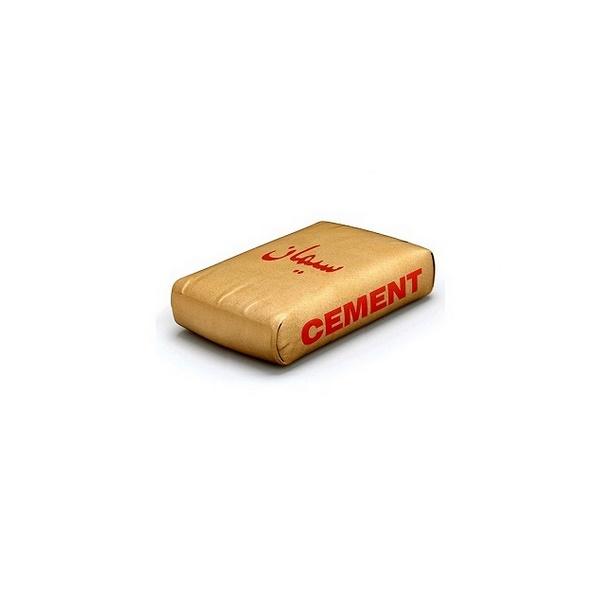
Portland cement 2 Kordestan cement
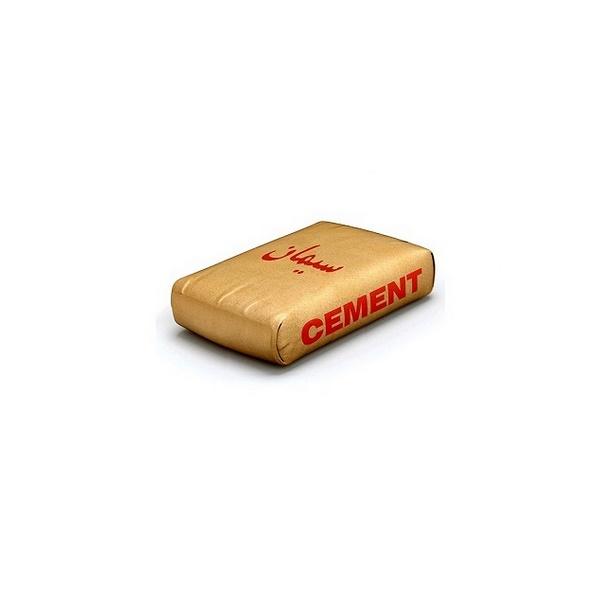
Portland cement 5 Tehran cement
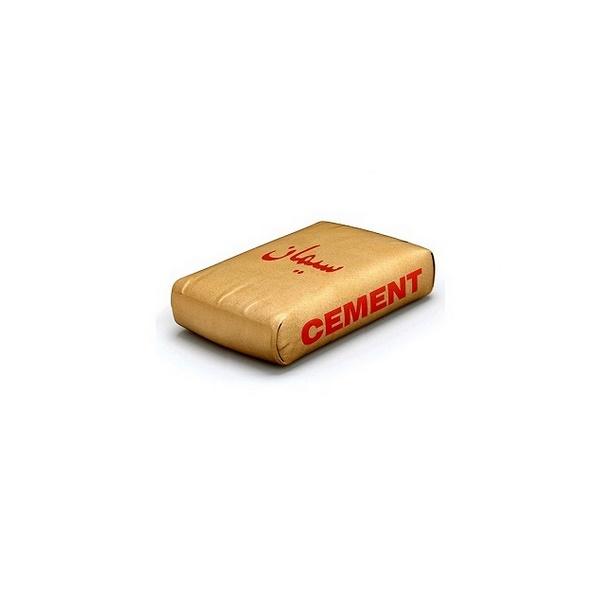
Portland cement 4 Tehran cement
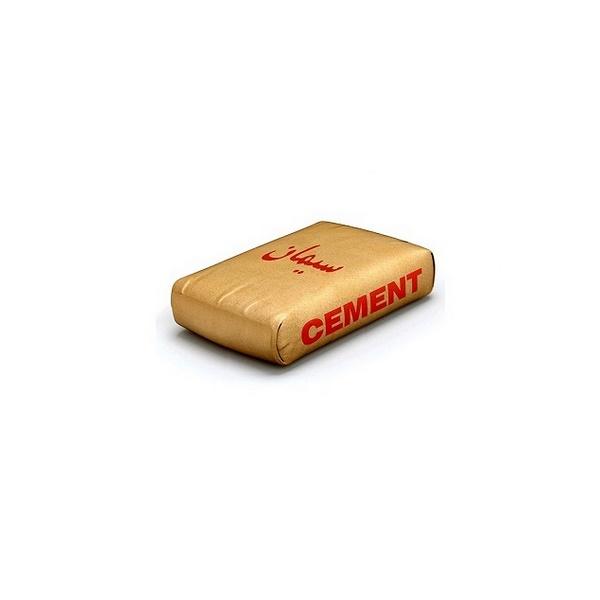
Portland cement 3 Tehran cement
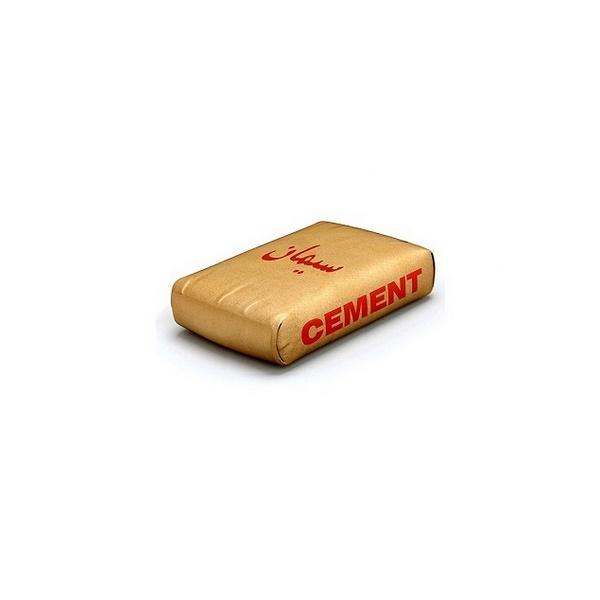
Portland cement 2 Tehran cement
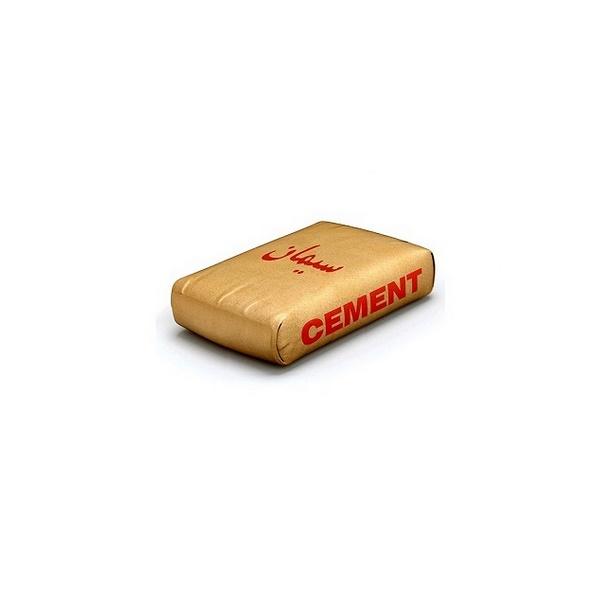
Portland cement 1-525 Tehran cement
